

Photo/Kleomenis Spyroglou/Unsplash
Stretching the dollar: Strategies for a more resilient 2025
With fewer than half of eligible families claiming Family Boost payments, this guide looks at whether you’re accessing what you’re entitled to, common payment pitfalls and having a savings buffer.

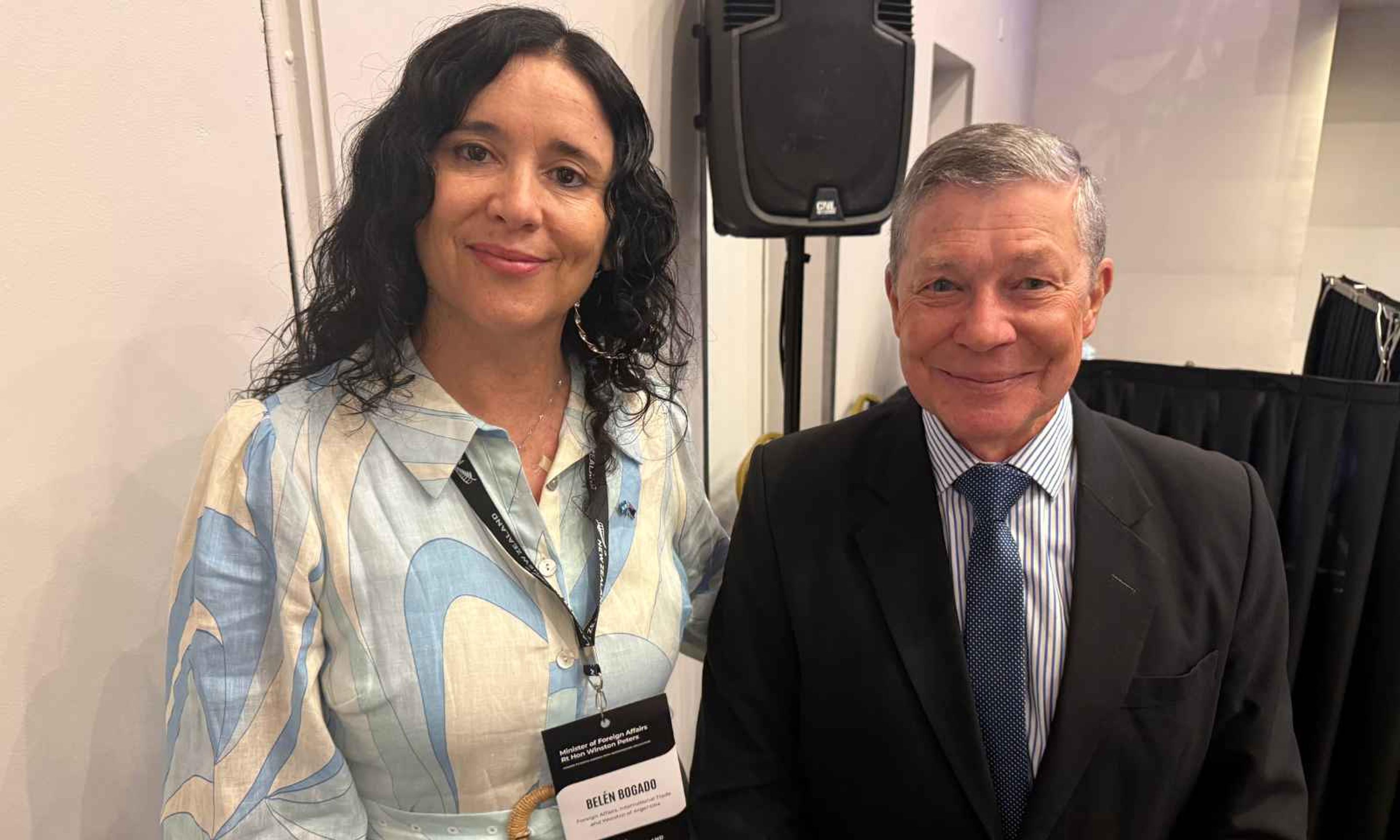
How the Pacific region could benefit from Argentina’s economic rebound, expert

Dave Rennie becomes first All Blacks coach of Pacific heritage
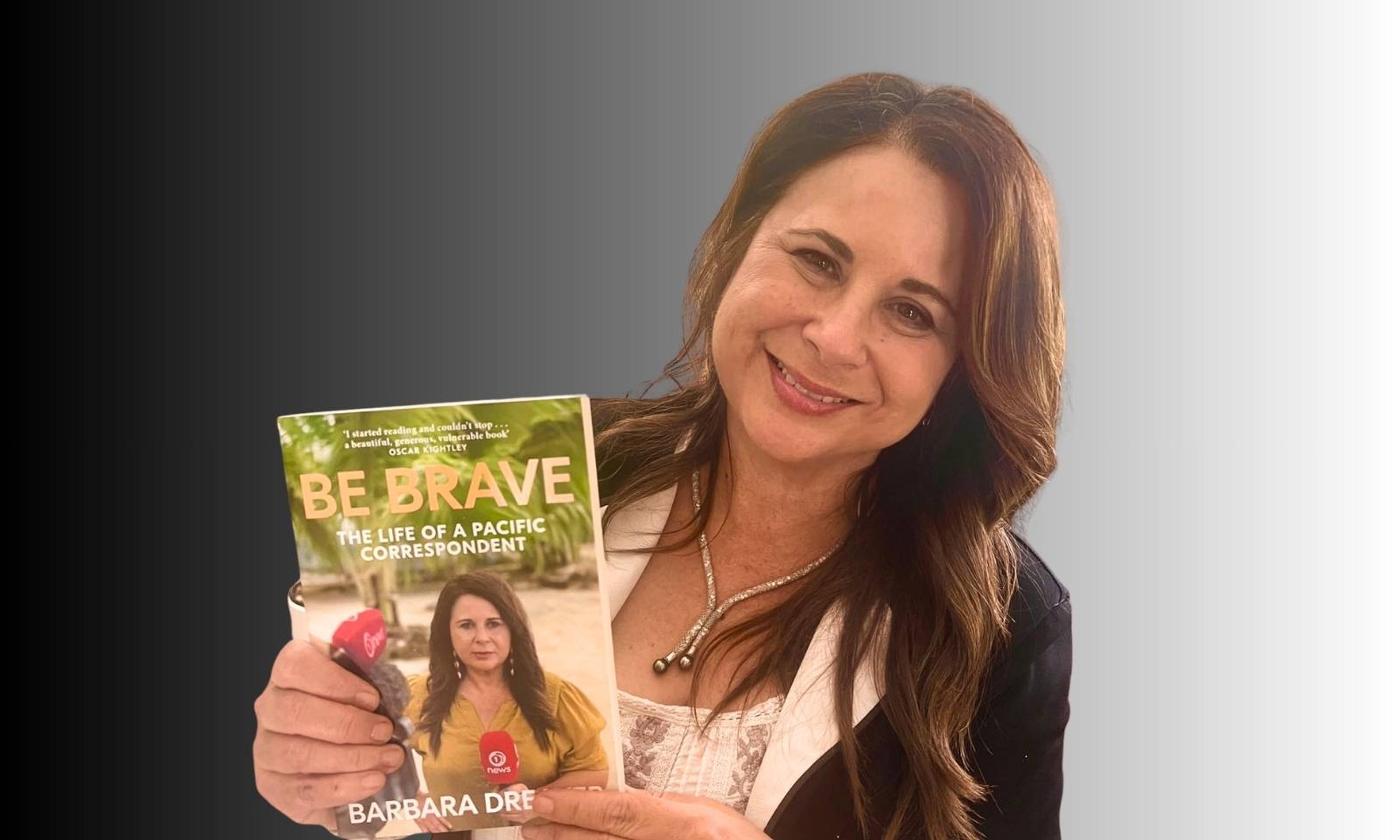
‘Without fear or favour’: Barbara Dreaver chronicles 30 years on the Pacific frontline

Tongan family in Abu Dhabi recount explosions as Middle East conflict escalates

How the Pacific region could benefit from Argentina’s economic rebound, expert

Dave Rennie becomes first All Blacks coach of Pacific heritage

‘Without fear or favour’: Barbara Dreaver chronicles 30 years on the Pacific frontline
We’ve heard the ‘survive til 2025’ mantra, but what happens once we get there?
In the past 12 months, we have reported extensively on the cost-of-living crisis, funding cuts, and job losses, so we know things are tough.
Many are simply in day-to-day survival mode, and we acknowledge that the suggestions in this article may be unrealistic.
As someone who has been a solo parent and endured several bouts with Work and Income, I’ve been on a personal quest in the past 24 months to improve my financial literacy through books, interviews, podcasts, and attempts to navigate a spreadsheet.
This is by no means an exhaustive list or financial advice, but it could be a good starting point for those who are looking at ways to level up in 2025.
Change your supermarket habits
If you have a regular weekly shopping day, try stretching it out one more day to spread the same spending across eight days. For our family, that might mean canned soup, spaghetti toasties one night, and some mystery leftovers (and a disappointed child because there wasn’t ice cream in that container). But after eight weeks, you’ll theoretically have saved one weekly shop.
No Wifi?
You can access school websites, government agencies such as Work and Income, and not-for-profit organisations for free via Zero.govt.nz without using your mobile data.

Photo/File
Check you’re on the best power and internet plan
You can enter details from your power bill on Powerswitch, which lets you compare plans from different providers. Consumer NZ warns combining power and the internet may not be the cheapest option and to beware of signup perks. “If you’re just getting that free TV for the sake of it, think twice. You’re probably paying more for it in the long run."
Automatic payments are your friend
On payday, our family makes automatic payments for bills, rent, petrol, etc. These accounts are not linked to my Eftpos card, which prevents me from accidentally overspending or thinking I have money left over when I’ve just forgotten an upcoming expense. This year, I’ve also had a small account exclusively for giving. It’s been a surprise pleasure having this available for donations or supporting my friends’ kids fundraising efforts. My son will start high school in 2026, so I will set up a separate account and auto payment for the $1500 for fees, uniforms, and stationery (once I recover from the shock of how much it is).
Have an emergency fund
One of the questions asked about the Government’s child poverty indicators is whether a household can afford an unexpected $500 expense. Some families can become tangled in buy-now-pay-later schemes or quick loans with high interest rates. If you can, an automatic payment of $20 a week will become just over a thousand dollars at the end of one year. This separate account should be used only for emergencies and must be topped up ASAP. This might mean selling something, working some extra Saturdays, not doing sports for one season, cancelling a subscription, etc., until it’s back at $500 or whatever amount you set for your family.
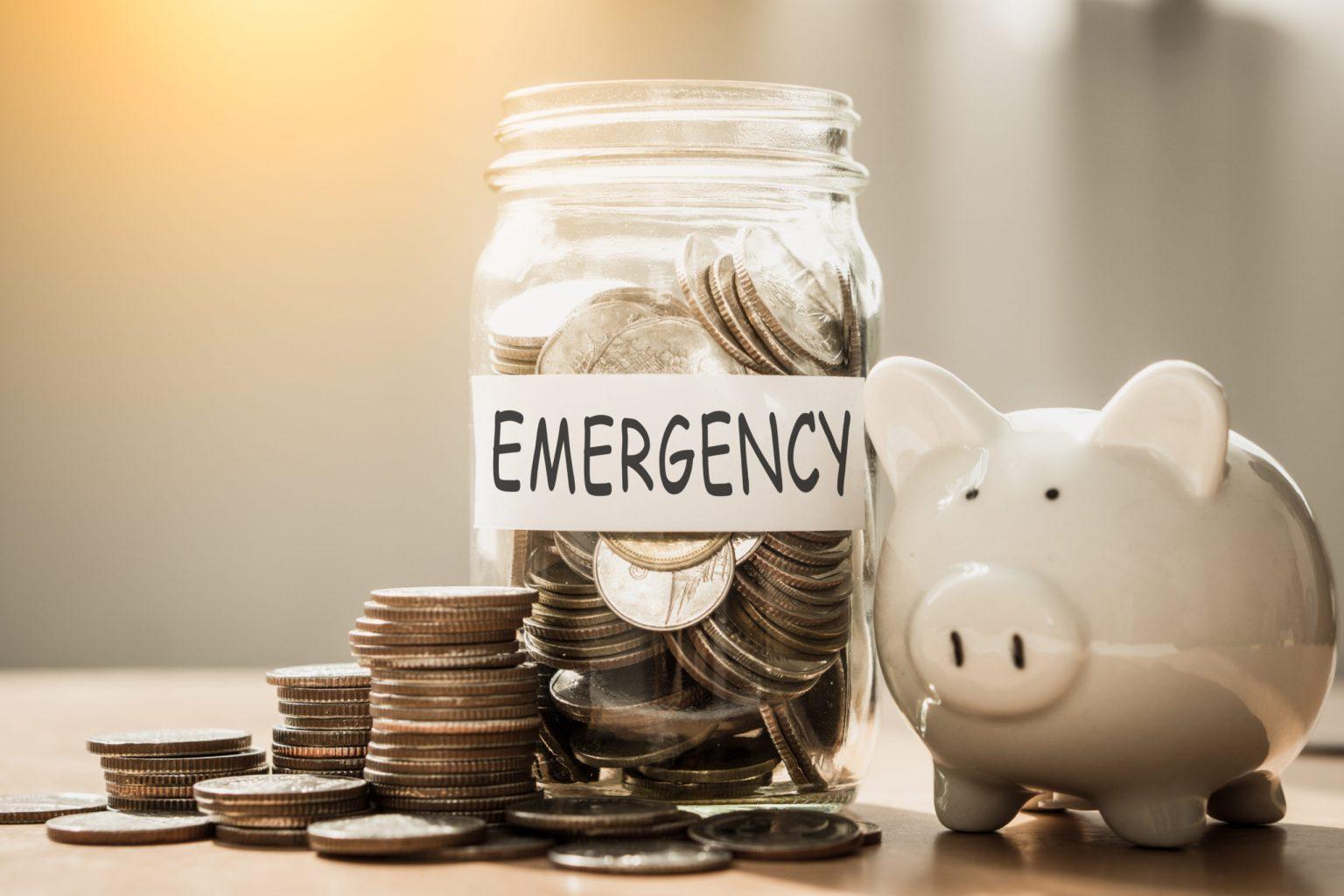
You can set up a special savings account or add a buffer to your existing savings. Photo/https://hfsfcu.org
Are you getting all your entitlements and subsidies from the Government?
Less than half of the eligible 100,000 families have claimed their Family Boost payment, which allows families earning less than $180,000 to be refunded up to $975 for three months of childcare payments. If you care for a family member or a person with a disability, you can contact beneficiary advocacy services such as BAIS. They can advise you on what support services you may be eligible for, and once, they went with me to a Work and Income appointment, which really got things cranking!
Do you donate or pay tithes?
You can claim up to a third back of donations above $5 to approved charities. This also includes some school donations and Givealittle contributions. This is the Government’s way of saying “thank you” for supporting work they haven’t had to fund. Most charities will email you an annual receipt, which you must submit through IRD. If you feel bad about getting money back from the government on church tithes, then tithe it again!
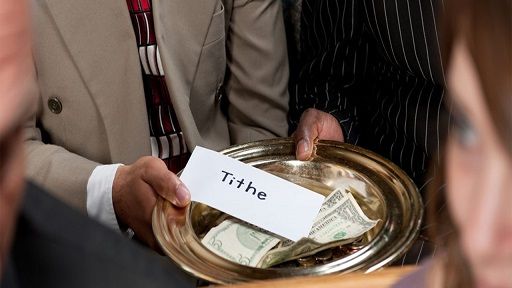
Photo/White Throne Ministries
Review your micro-subscriptions
Do you really need Disney+, YouTube Premium, Audible, Neon, Spotify, Prime, etc.? The list goes on, but these payments can subtly creep to hundreds of dollars a year. Can you alternate one or two a month or set reminders to cancel before you get charged again? It's a solid business strategy that benefits from people who don't regularly review their subscriptions.
Keep the KiwiSaver
In October, a record 3960 people withdrew their KiwiSaver due to hardship. I understand this is used as a desperate measure, but this has heartbreaking implications for our families, future financial position, and home ownership. As a long-term renter, KiwiSaver may be my only backup when paying Auckland rent prices in 30 years. Time is your friend here. If you are employed, most people will contribute at least three per cent, their employer another three per cent, and the Government contribution. I encourage you to check with your provider to see if you’re in the best plan for your situation and consider contributing a higher percentage if you can. If you’re not in regular work and can manage the minimum of $20.06 per week ($1042.86 per year), the Government will match this with $521.43 each year.
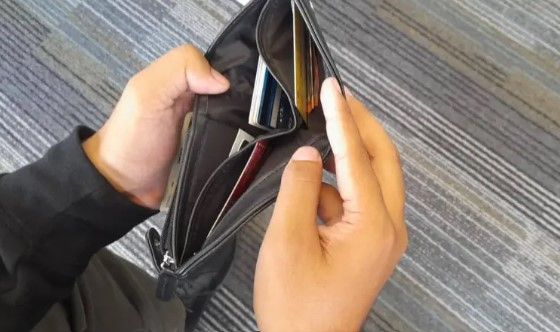
Can't pay for it now? You can just put your wallet away. Photo/File
Act your wage
‘Do not covet’ was a confusing commandment to me while growing up, but I understand it now as I see the glorification of consumption on social media, from unboxing videos to wasting food on purpose for content. Yes, we have financial goals and aspirations, but for me, feeling gratitude and a sense of contentment boils down to spending time with family, making and enjoying a meal together, and sitting in the sunshine - and those things are priceless.
Recommendations
Book: Girls that Invest by Simran Kaur
Podcast: Keep the Change, Māori Millionaire
Influencer: @the_savvy_saver
Interview: Victoria Ongolea on 'Balancing Anga Faka-Tonga with financial wellbeing'.